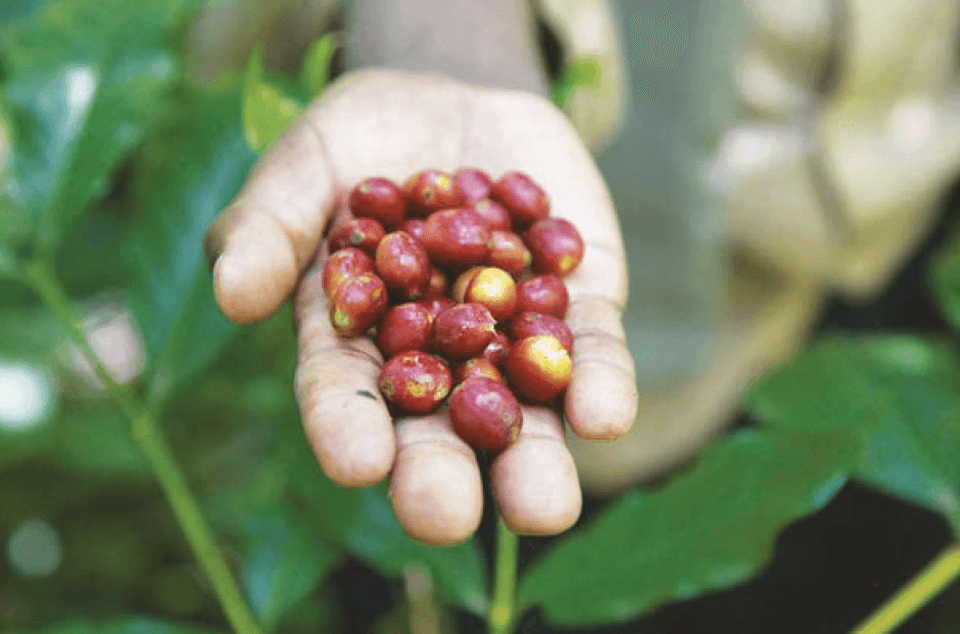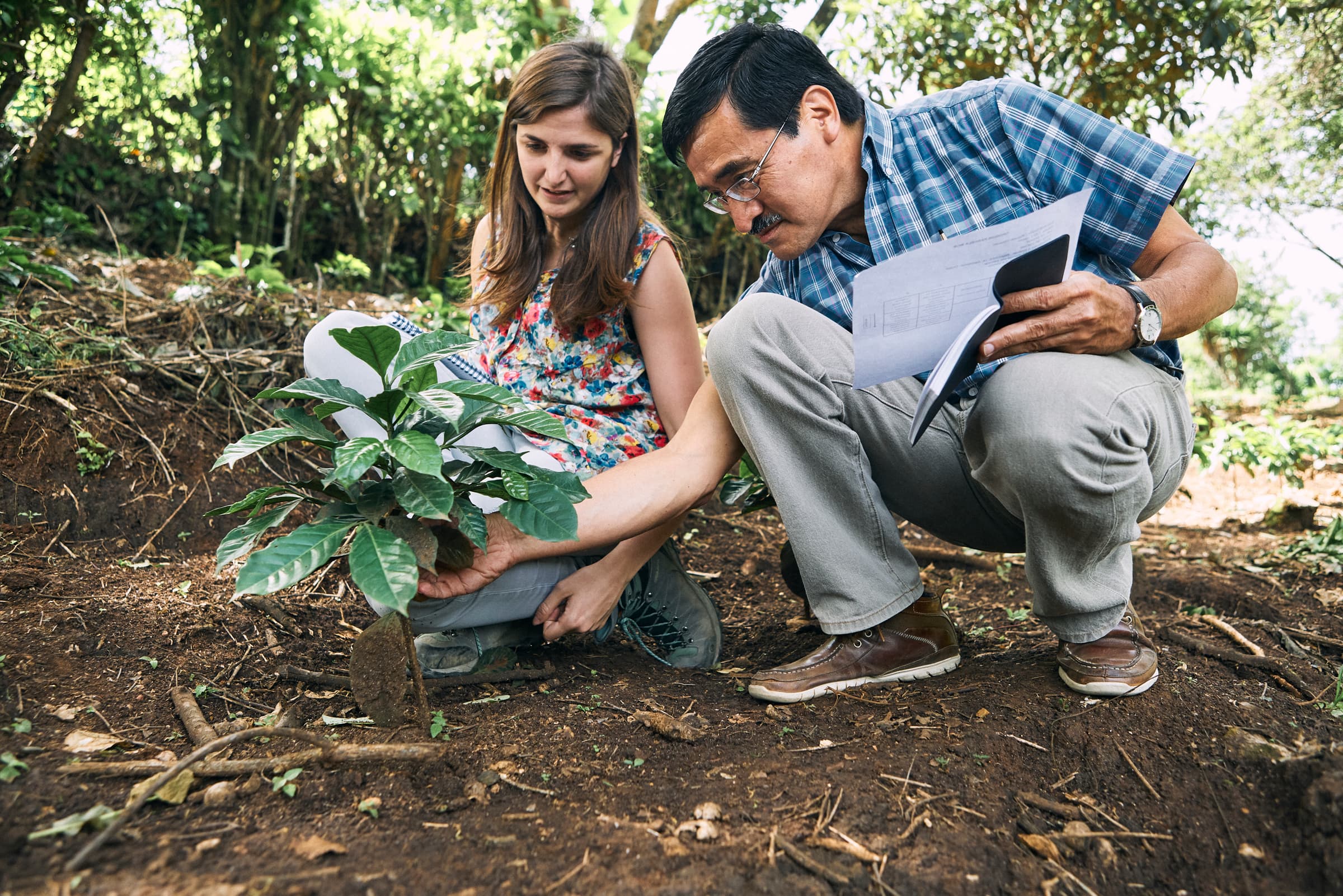National program support
The problem
National coffee institutes conduct the lion’s share of agricultural R&D for the world’s coffee farmers, but they face many challenges that inhibit them from achieving their full potential, from unstable funding to lack of connectivity to market and consumer demand. Many commercially oriented crops have faced and overcome similar challenges by implementing a proven set of processes to increase the return on investment of breeding. Having many healthy coffee breeding programs globally is critical to ensuring diverse and high quality supply of coffee that supports farmer success.
The solution
WCR supports national breeding programs in multiple coffee countries to assess their breeding capacity, develop roadmaps for investment and modernization, network with other breeders from within and beyond coffee, and take advantage of global tools developed by WCR and others. We strengthen the coffee breeding research community through sharing technical information and best practices developed in other crops for developing improved varieties that meet both farmer and market needs. WCR follows a guided, validated approach used by the international agriculture research centers of the CGIAR and national agricultural research programs throughout the world. The approach has three primary pillars to achieve greater breeding program efficiency:
- demand-led product design and customer connection
- breeding program optimization linked to the product design
- low-cost genotyping and shared services/approaches
Impact
Creating global tools and sharing knowledge openly across borders enables the global coffee community to address the most important issues facing coffee by bringing ideas from other crops and countries over to coffee, and pooling expertise and resources. Supporting national research programs to modernize is critical for enhancing their competitiveness in the market, and thus to shoring up origin diversity.
Coffee breeding is not rocket science, nor is it fundamentally unique. This is great news, because it means that it’s highly possible for coffee to see the kinds of improvements that have been achieved by other crops. WCR supports our partners in national coffee institutes to create positive, meaningful and long lasting changes in their product-oriented breeding programs. WCR assists by instilling established principles, processes and strategies that lead to highly successful and sustainable breeding programs. WCR has the capacity to consult in the building of breeding program capabilities in the modernization process and to introduce more innovative approaches supported by low-cost tools.
Types of support
WCR has a passion and mandate to support national coffee institutes to modernize their breeding programs. We bring support across the variety development process from cross-functional, demand-driven product design, through program assessment from a breeding strategy and operational perspective to the implementation and use of technology.
Assessment
Breeding Program Assessment Tool (BPAT) for Coffee
WCR worked with the University of Queensland to create a coffee-specific BPAT (through support from the Alliance for Climate Resilient Coffee, funded by USAID) for any coffee breeding program in the world to use to evaluate their breeding capacity.
- A BPAT is an assessment tool that facilitates a structured review of key technical, capacity and management components of plant breeding programs. It was developed by the University of Queensland. Over 50 breeding programs worldwide have used the BPAT to guide improvements for crops including rice, cassava, maize, beans, and bananas.
- The BPAT process support countries to generate new varieties for their farmers and ensure long-term, stable supply for industry.
- Read more about the Breeding Program Assessment Tool developed by the University of Queensland. Any countries interested in evaluating their breeding program using the BPAT tool can contact info@worldcoffeeresearch.org and we will help put you in touch with the BPAT team.
Roadmap development
For countries that pursue rigorous assessment of their breeding program capacity using the BPAT, WCR supports them to use the results to create a roadmap of improvements to improve their efficiency and increase rates of gain delivered to farmers. The roadmap can also be used to help mobilize donors to develop investments to support the country’s coffee breeding efforts.
Collaboration
WCR regularly convenes both regional and global gatherings of coffee researchers from around the world to share results from our collaborative research programs and to enable the development of new global tools.
Examples include:
- Workshops sharing results from our International Multilocation Variety Trial, which tests 31 coffee varieties in 24 environments globally.
- SNP mid-density panel development: 25 research institutions in 11 countries participating in the development of a new, low-cost genotyping tool that lowers the barriers to entry into modern breeding approaches for any breeding program in the world.

